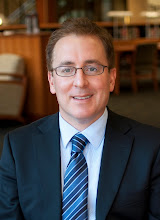The Ordinance prohibits a minor from being in public from 11:00 p.m. till 5:00 a.m. unless one of the exceptions to the ordinance is applicable. A minor may be in public during those hours if: (1) he is accompanied by a parent or legal guardian; or (2) the minor is on an ―emergency errand or other legitimate business at the direction of his ―parents or legal guardian or custodian or school and has ―some form of documentation as to the business to be performed. Doe argues that the broad reach and narrow exceptions of the Ordinance prohibit protected conduct including attending religious exercises, town hall meetings, and school events. Accordingly, Doe argues that the Ordinance constitutes an impermissible time, place, and manner restriction on speech.The court rejected this claim. A key factor, one the court said distinguished this case from others invalidating similar curfew measures, was that the ordinance allowed minors to be present in public forums so long as they had some form of written permission from a parent.
Wednesday, March 31, 2010
Curfew Upheld
The Idaho Supreme Court has upheld a late-night curfew against a First Amendment challenge. According to the opinion:
Subscribe to:
Post Comments (Atom)


This case also appeared to have very broad and permissive exceptions, yet was invalidated on 14th and 1st Amendement grounds two years ago.
ReplyDeletehttp://www.nylegalupdate.com/2008/10/rochester-curfew-law-ruled-unconstitutional.html
There was no express provision regarding parental permission, yet this New York court appears to have inferred parental permission, despite it not being mentioned in the express exceptions.